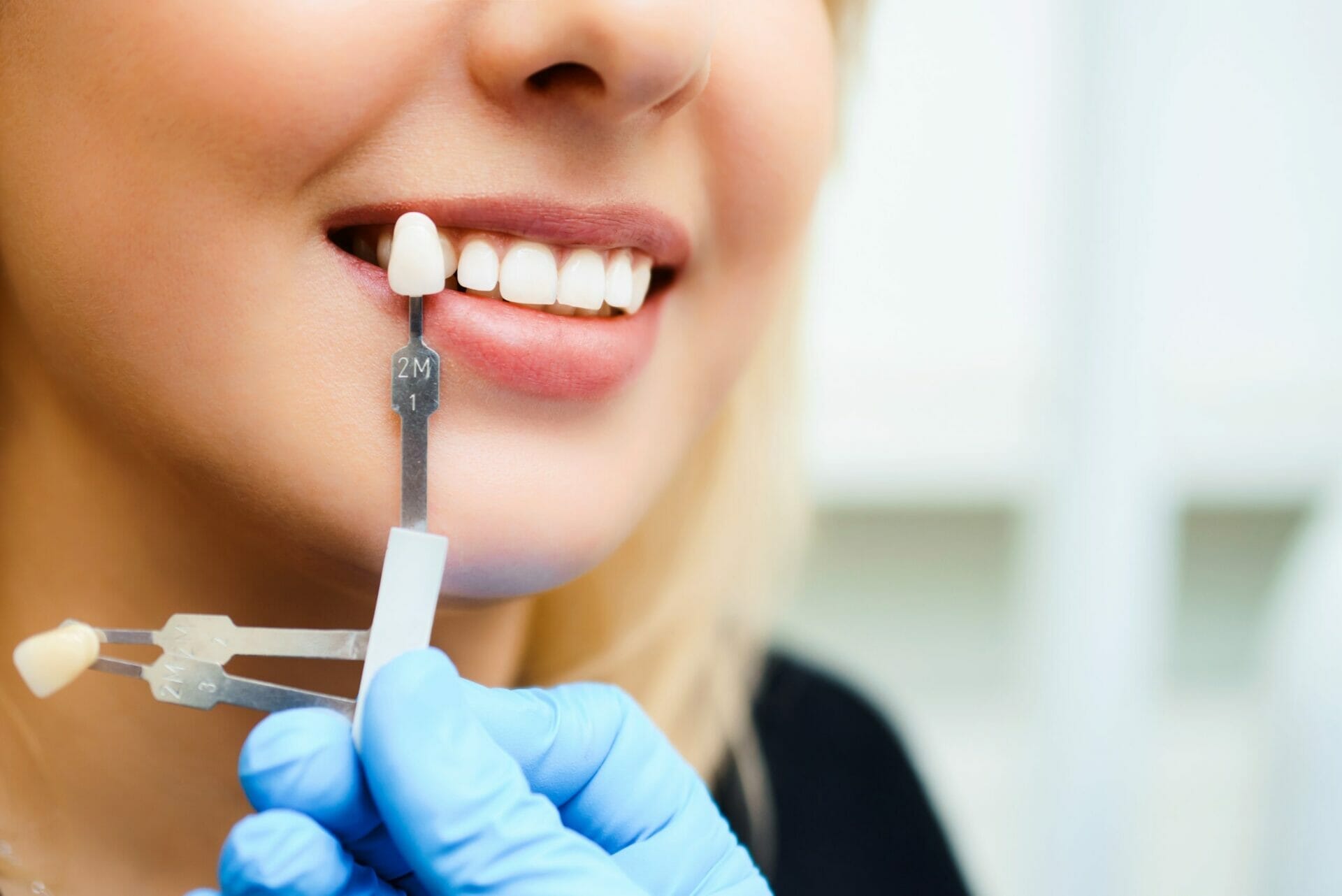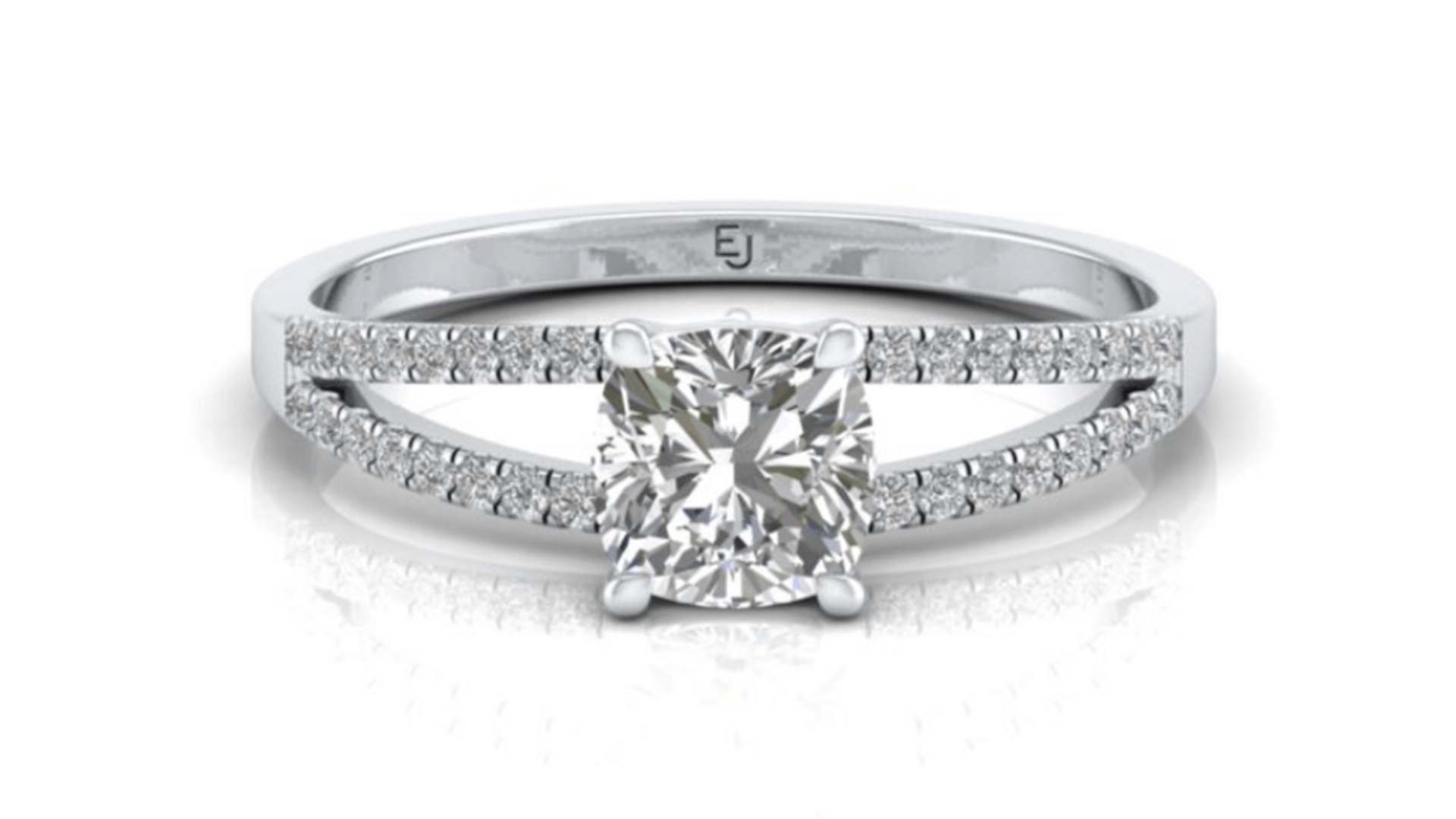
Does Teeth Whitening Have Side Effects?
 Posted On
Posted On
Nothing like a beautiful white smile can bring you happiness and even success. So we are all looking to whiten our teeth. Teeth whitening is an excellent method to get rid of discolored teeth. But does teeth whitening have side effects? Millions of people are exposed to tooth discoloration that occurs in various degrees. Even people who brush regularly, floss, and see a dentist may still develop plaque due to certain foods, environmental factors, and aging. Fortunately, professional teeth whitening is a great way to remove or eliminate stains on your teeth and help you create a natural, beautiful, white smile. You don’t need to be worried about teeth whitening cost, as it is not an expensive cosmetic dentistry method.
Table of Contents
What Is Teeth Whitening?
In tooth bleaching, a unique substance that contains bleaching material (hydrogen peroxide or carbamide peroxide) is used to whiten your teeth. This chemical combination removes plaque from the teeth. It penetrates the enamel, whitens your teeth deeply, and removes stains.
Today, there are various options for teeth whitening. Although many products are available for this purpose, professional treatment and a dentist’s help are more appropriate and offer reliable results. Your dentist will choose your treatment depending on your dental health and condition. The majority are usually satisfied with the results of their bleaching treatment. Side effects are rare and mild, and the treatment is non-invasive. This way, you can enjoy a beautiful smile with high confidence.
Benefits And Side Effects Of Teeth Whitening
The teeth whitening treatment is generally done in less than an hour, and the results are excellent. One of the most significant benefits of teeth whitening is its durability. The results of using the teeth whitening method are much more impressive than other methods. Even very yellow and scaly teeth can be whitened and treated professionally with teeth whitening.
In general, the only significant risk and complication of teeth whitening is the teeth sensitivity in some people, especially in the first hours after treatment. It is recommended that you rinse your mouth with warm water to prevent discomfort. Tooth sensitivity will gradually disappear.

The Difference Between Teeth Bleaching And Dental Veneers
Tooth bleaching whitens your teeth, using chemicals, and affects the surface of the enamel. These chemicals are safe. In this method, the dentist uses hydrogen peroxide or something called carbamide peroxide to whiten your teeth.
But in the dental veneer method, thin, ceramic layers are placed on the teeth. Indeed, these layers are like a white coating. A minimal amount of the original enamel must be shaved to apply the veneer. We should say that dental veneers give your teeth an even better look. The dental veneer treatment must be done precisely and carefully. The correct application of dental veneer makes the teeth more beautiful. It is also essential for proper functioning.
Which Is Better, Scaling, Or Teeth Whitening?
Although teeth whitening and scaling seem to have a similar purpose, they are different. Scaling is a simple method that the dentist uses to remove stains and yellowness on your teeth. The scaling effect does not usually last for a long time, and, in most cases, re-scaling is needed.













